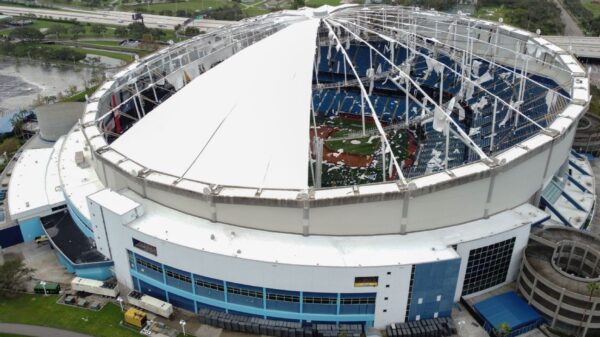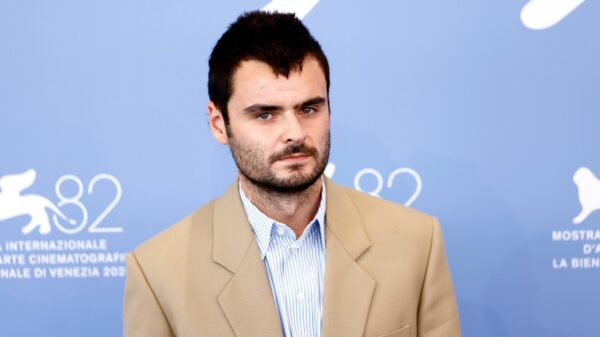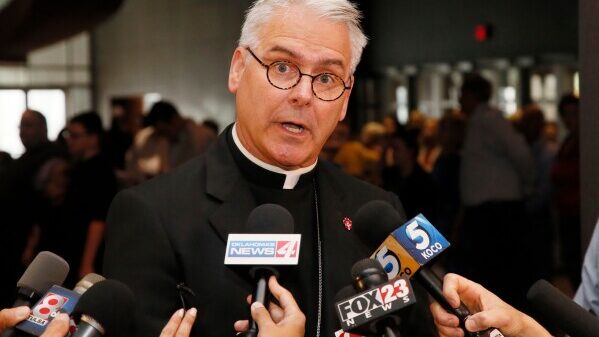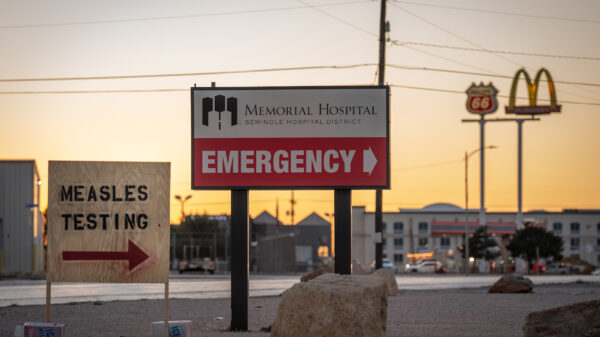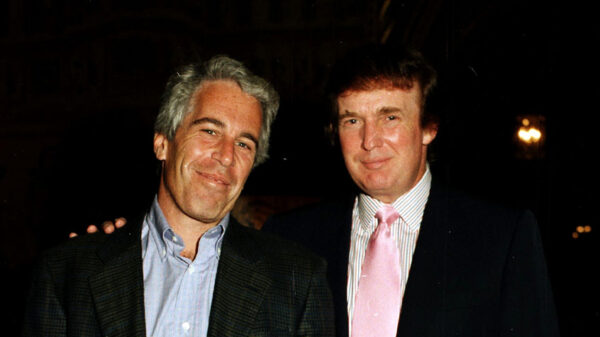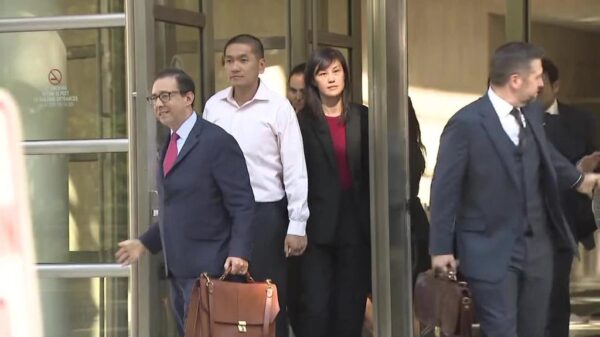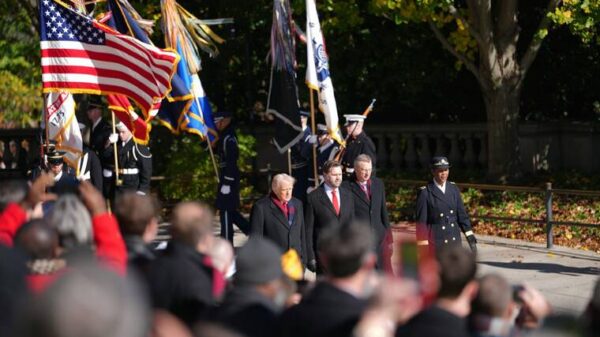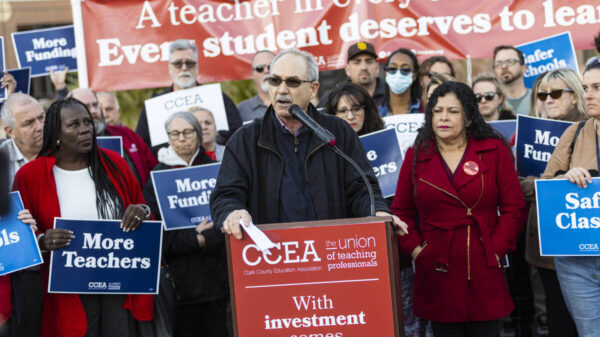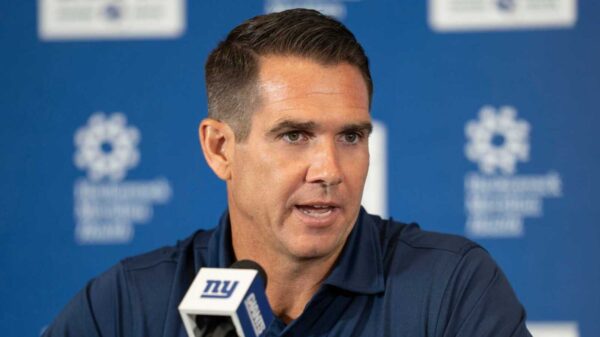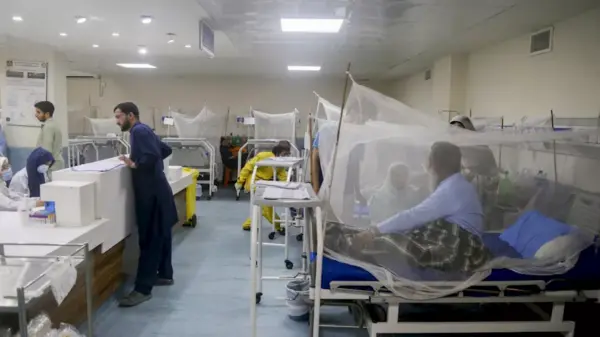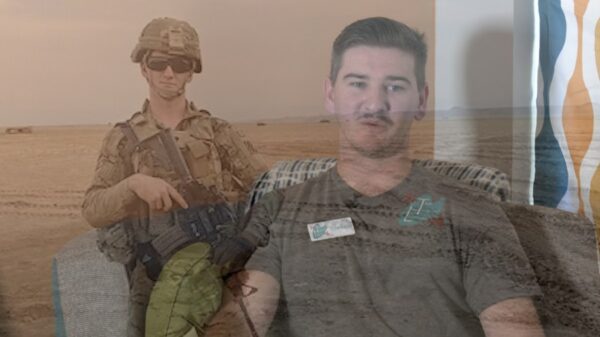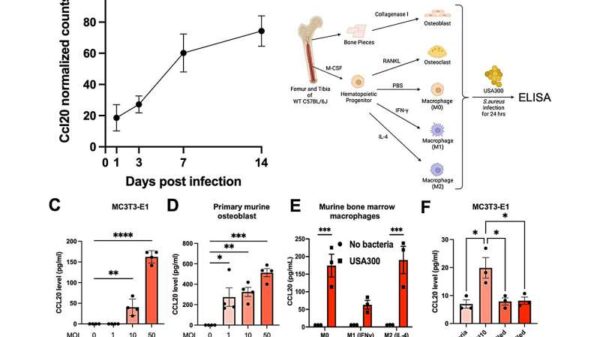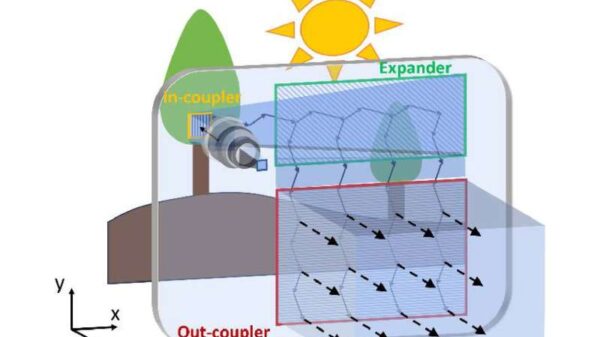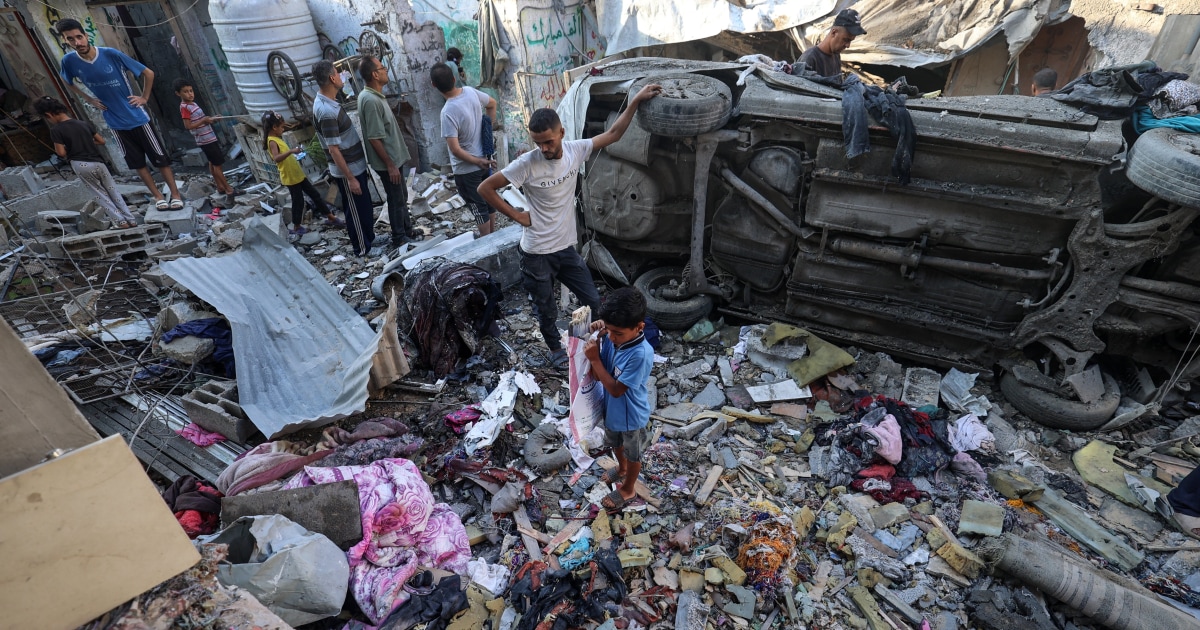Negotiations aimed at resolving the ongoing conflict in Gaza have been described as intense and productive by former U.S. President Donald Trump. Following meetings with Arab leaders in New York, Trump stated that discussions would continue “as long as necessary” to achieve a successful resolution. He highlighted the significance of these talks, which have persisted for four days, through a post on Truth Social, calling the discussions “very inspired and productive.”
Details regarding the potential agreement remain undisclosed. However, Trump has previously emphasized that any deal must include the return of Israeli hostages held by Hamas. He voiced strong support for achieving “PERMANENT AND LONGLASTING PEACE!” in the region. Negotiations for either a complete cessation of hostilities or a temporary ceasefire that includes a hostage exchange have faced challenges, with both Israel and Hamas accusing each other of failing to uphold commitments.
Israeli Prime Minister Benjamin Netanyahu addressed the United Nations General Assembly on Friday, asserting his determination to continue military operations until all hostages are returned and Hamas is disarmed. During his speech, he faced a significant walkout from diplomats and reiterated his commitment to “finish the job” against Hamas. This stance follows the deadliest attack in Israeli history on October 7, 2023, which resulted in the deaths of 1,200 people and the abduction of 251 hostages.
Hamas has stated that it will only release the remaining hostages in exchange for a lasting ceasefire and a withdrawal of Israeli forces. Trump noted that Hamas is aware of the ongoing discussions, and that Israel, including Netanyahu, has been kept informed. He expressed optimism, stating, “There is more Goodwill and Enthusiasm for getting a Deal done, after so many decades, than I have ever seen before.”
The discussions included proposals presented by Trump to key Arab nations such as Saudi Arabia, Qatar, and Egypt, facilitated by his special envoy, Steve Witkoff. Concurrently, Netanyahu held a meeting with Sheikh Abdullah bin Zayed, the Minister of Foreign Affairs for the United Arab Emirates, who underscored the urgent need for a permanent ceasefire and a resolution to the conflict.
Sheikh Abdullah also reiterated support for a two-state solution in light of Israel’s controversial settlement plans in the West Bank, which face significant international condemnation. UAE leaders have previously indicated that any annexation of the West Bank would be a red line, potentially jeopardizing future recognition of Israel and obstructing the implementation of Trump’s Abraham Accords aimed at normalizing relations between Israel and various Arab states.
The humanitarian situation in Gaza has reached catastrophic levels, with reports indicating that over 65,000 people have died due to Israeli military actions in the past 23 months. The ongoing conflict has displaced approximately 90% of the population, exacerbating an already dire humanitarian crisis. In September, Israel launched a ground offensive in Gaza City, leading to the displacement of hundreds of thousands of residents, many of whom had already been displaced multiple times.
Amidst this turmoil, Doctors Without Borders announced that it had been forced to cease operations in northern Gaza due to encirclement by Israeli forces, stating, “We have been left with no choice but to stop our activities.”
The ongoing conflict in Gaza has dominated discussions at the United Nations General Assembly this week. Palestinian President Mahmoud Abbas addressed the assembly via video link, condemning the actions of Israel, which he described as a “war of genocide, destruction, starvation, and displacement” against the Palestinian people. He distanced the Palestinian Authority from Hamas, stating that the group’s actions on October 7 did not reflect the views of all Palestinians.
As negotiations continue, the international community remains watchful, hoping for a breakthrough that can lead to a sustainable resolution to the conflict in Gaza.





